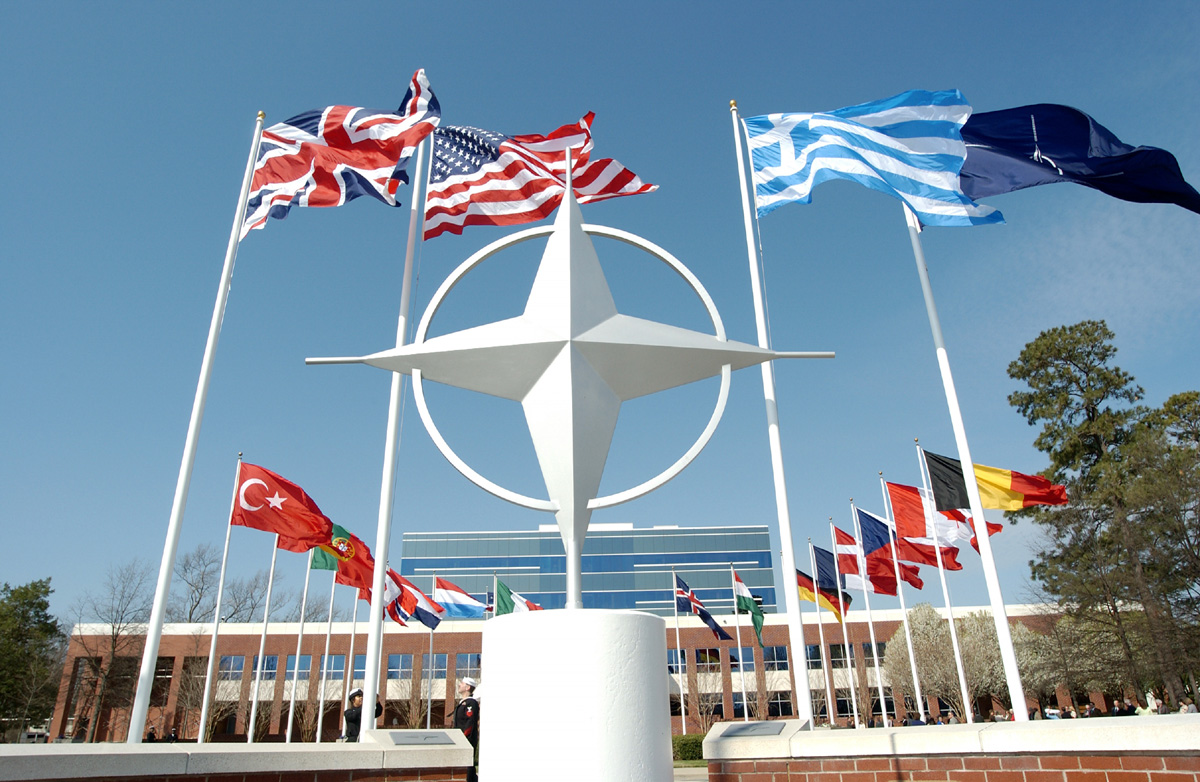
But the results of a U.K. survey reveals that COVID-19-related lockdowns and self-quarantines are linked to growing feelings of anger, tension and arguments among friends and family members.
The study, which was published in the Journal of the Royal Society of Medicine, is a collaboration between King's College London and research firm Ipsos MORI.
Unfriended? Blame COVID-19
For the survey, researchers conducted online interviews with 2,237 U.K. residents from July 17 to 20. Participants were aged 16 to 75.
The results revealed that:
- One in 12 people (eight percent) no longer talk to certain family or friends because of heated arguments during the lockdown.
- Individuals who use WhatsApp, Twitter, YouTube, or Facebook to get coronavirus updates reported that they are four or more times as likely to say that they're no longer on speaking terms with a close friend or relative.
- At least 25 percent of people who are worried about having financial problems and 19 percent of participants aged 16 to 24 have had disagreements with others post-pandemic.
- Almost a quarter (21 percent) of the respondents who believe in a conspiracy theory about face masks being used by the government to control the public have also confronted others for following coronavirus rules “too closely.”
Researchers explained that most of the tension behind the pandemic was linked to “[differences] in how risky coronavirus is perceived.”
According to Dr. James Rubin of King’s College London: “People who think coronavirus poses a greater risk to themselves and to other people in the UK were more likely to have been angry with others' behavior during the pandemic.”
Meanwhile, participants also reported feeling more anxious and depressed than usual. In addition, those who were more stressed because of COVID-19 were more likely to feel angry. Rubin emphasized the need to offer support to people experiencing mental distress since this can help improve their overall well-being and prevent tension or confrontations in the first place.
From not wearing face masks to social distancing
Over half of the respondents reported feeling angry with people they know because of their behavior during the pandemic. On the other hand, 23 percent of participants have had arguments with friends or family about how to behave during the pandemic.
The probability of the arguments declined with age. Results showed that 36 percent of respondents aged 16 to 34 had COVID-19-related disagreements, compared with 24 percent of participants aged 35 to 54.
Reporters also discovered that 18 percent of respondents confronted others “for not staying a sufficient distance from others or for being in too large a group” when the government was enforcing stricter social distancing measures.
The study also showed that:
- Eight percent of participants have confronted someone who wasn't wearing a face mask. (Related: 5 Small steps you can take to protect yourself and your family from COVID-19.)
- Five percent have reported someone to the authorities for not wearing a face mask.
- Six percent of the respondents have been confronted for not wearing a face mask and five percent have been reported to the authorities for not doing so.
- Another eight percent also reported that they had confronted someone for following the recommended measures too carefully.
While the survey revealed that people have been arguing because of the pandemic, results also found that COVID-19 has also brought some people together. Amid the tension and stress, 37 percent of respondents feel closer to their neighbors or local community than they did before the pandemic began.
Scientists advised that the public should be more united in the face of the pandemic, particularly since the pandemic shows no sign of stopping any time soon.
Kelly Beaver, managing director of public affairs at Ipsos MORI, said that while pandemic lockdown measures were eased over the summer, a lot of people were still stressed because of the crisis. Beaver added that caring for the emotional well-being of others, especially the most vulnerable, is crucial for the wider recovery and the economic and health impacts.
Beaver concluded that the “fact that just over one in three say they feel a closer connection to their local community than they did before means there is something to build on.”
Visit Pandemic.news for more articles with tips on keeping yourself and your loved ones safe amid the coronavirus pandemic.
Sources include:
Please contact us for more information.























